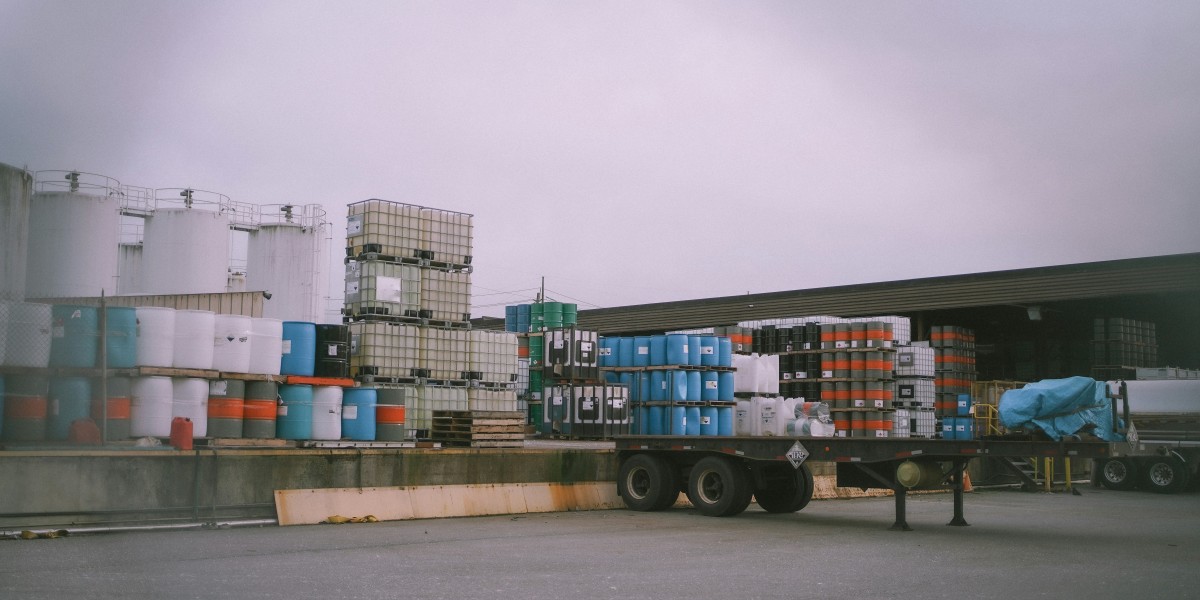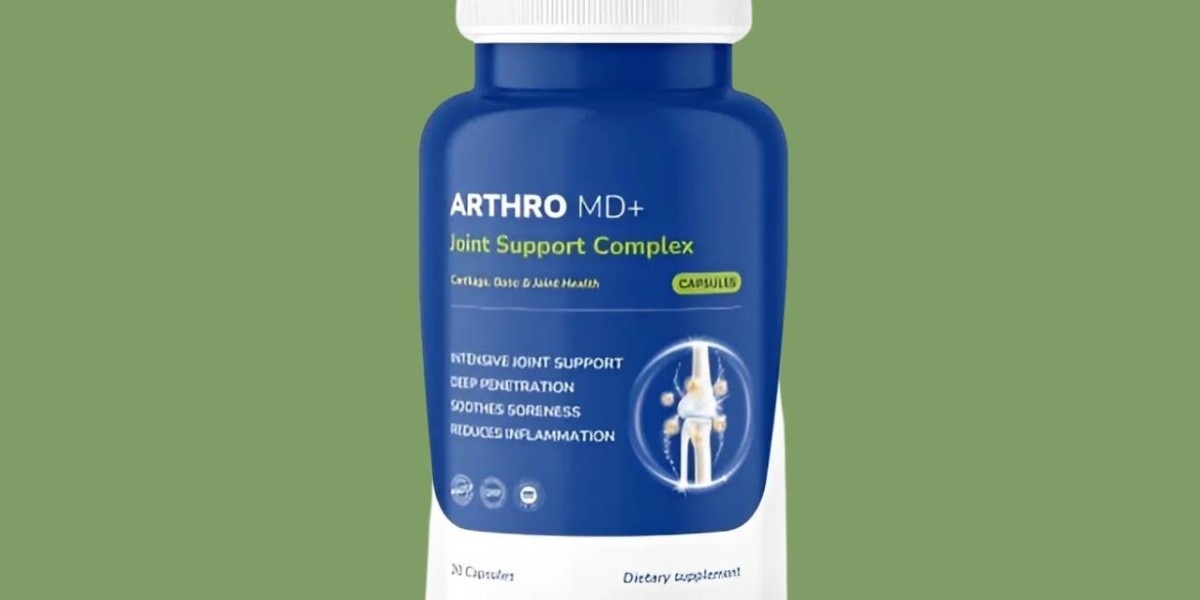Handling and clearing dangerous goods is one of the most complex areas in logistics and international trade. Whether it's flammable liquids, corrosive substances, or radioactive materials, these goods require specialized knowledge, strict compliance, and professional clearance procedures. In Jamaica, Dangerous Goods Clearance Services are essential for importers and exporters dealing with hazardous items, ensuring safe handling and legal compliance.
This article explores everything you need to know about dangerous goods clearance in Jamaica, the types of goods covered, legal requirements, the clearance process, and how MEL Logistics Services can help streamline it for you.
What Are Dangerous Goods?
Dangerous goods, also referred to as hazardous materials or "HAZMAT," are substances that pose risks to health, safety, property, or the environment during transportation or storage. They are classified under international standards such as the UN Model Regulations, IMDG Code, IATA DGR, and locally enforced by the Jamaica Customs Agency and Civil Aviation Authority.
Common Categories of Dangerous Goods Include:
Explosives (e.g., fireworks, ammunition)
Gases (e.g., propane, oxygen tanks)
Flammable Liquids (e.g., gasoline, paint)
Flammable Solids (e.g., matches, sulfur)
Oxidizing Substances (e.g., hydrogen peroxide)
Toxic & Infectious Substances (e.g., medical waste, poisons)
Radioactive Materials
Corrosives (e.g., battery acid, bleach)
Miscellaneous Dangerous Goods (e.g., dry ice, asbestos)
Each of these classes is subject to unique handling, documentation, and clearance protocols.
Legal Requirements for Dangerous Goods in Jamaica
Importing or exporting dangerous goods in Jamaica involves strict legal compliance with both international regulations and national laws. The following authorities oversee these regulations:
Jamaica Customs Agency (JCA) – Ensures that all goods entering or exiting the country meet customs clearance requirements.
Jamaica Fire Brigade – Responsible for the inspection and approval of highly flammable or explosive goods.
Civil Aviation Authority & Maritime Authority – Ensure air and sea cargo involving dangerous goods complies with transport regulations.
National Environment and Planning Agency (NEPA) – Reviews hazardous chemicals and environmental safety concerns.
Failure to comply with these legal frameworks can result in shipment seizure, fines, or even legal prosecution.
The Dangerous Goods Clearance Process
Clearing dangerous goods requires specialized expertise, permits, and coordination with multiple regulatory agencies. Below is an overview of the typical steps:
1. Classification and Identification
Determine the correct UN number and classification for your goods.
Prepare the Material Safety Data Sheet (MSDS) for review.
2. Documentation Preparation
Commercial Invoice
Packing List
Dangerous Goods Declaration (DGD)
Import Permits / Licenses (where applicable)
Safety data sheets
Clearance Request to JCA with all technical details
3. Pre-Clearance Approvals
Obtain approval from JCA, NEPA, and other related agencies.
Fire Brigade or Civil Aviation may conduct site inspections.
4. Cargo Handling & Inspection
Goods must be packed according to IATA or IMDG standards.
Transported only in approved containers with proper labeling.
Customs inspection is usually mandatory before release.
5. Final Clearance and Delivery
Once approved, JCA releases the cargo with conditions (if any).
Safe transportation to the destination follows.
This multi-step process can be time-consuming and error-prone without the help of professionals.
Why Choose a Dangerous Goods Clearance Specialist?
Due to the high level of risk involved, clearance of hazardous goods is not a DIY process. Even a small documentation error or labeling mistake can cause serious delays, rejection, or legal issues. Hiring a certified customs broker who specializes in dangerous goods is essential for several reasons:
✅ Regulatory Compliance
We ensure all your shipments follow Jamaican and international HAZMAT laws and safety codes.
✅ Accurate Documentation
Experts at MEL Logistics prepare your Dangerous Goods Declarations and supporting documents with 100% accuracy.
✅ Agency Liaison
We work directly with JCA, NEPA, and other authorities on your behalf to get quick approvals.
✅ Safe Handling
Our trained staff ensures proper packaging, labeling, and segregation to reduce health or environmental hazards.
✅ Time and Cost Efficiency
Avoid delays and extra storage fees by clearing your shipment quickly and smoothly.
MEL Logistics Services: Your Partner for Dangerous Goods Clearance in Jamaica
At MEL Logistics, we are licensed and experienced in handling and clearing all classes of dangerous goods. Whether you’re importing industrial chemicals, exporting batteries, or transporting pharmaceuticals, we manage the entire process from end to end.
Our Dangerous Goods Clearance Services Include:
UN Classification and Packaging Guidance
Preparation of DGD, MSDS, and Customs Documentation
Pre-Inspection Scheduling with Authorities
NEPA and Fire Brigade Coordination
Container Stripping, Stuffing, and On-Site Supervision
Safe Transfer to Final Destination
We understand the urgency and safety standards associated with these shipments and provide a professional, compliant, and fast-tracked service every time.
Industries We Serve
Our Dangerous Goods Clearance services are tailored for clients across multiple sectors:
Manufacturing & Industrial
Pharmaceutical & Healthcare
Construction & Mining
Agriculture & Chemicals
Energy & Utilities
Retail & Automotive (Lithium Batteries, Aerosols)
Tips for Importers & Exporters of Dangerous Goods
Plan Early: Apply for permits and prepare documentation in advance to avoid delays.
Use Certified Carriers: Not all transport companies are licensed to carry dangerous goods.
Stay Updated: Regulations may change frequently. Always consult a customs broker.
Check Packaging Standards: Use internationally approved containers and labels.
Be Transparent: Full disclosure of product details ensures smoother clearance








